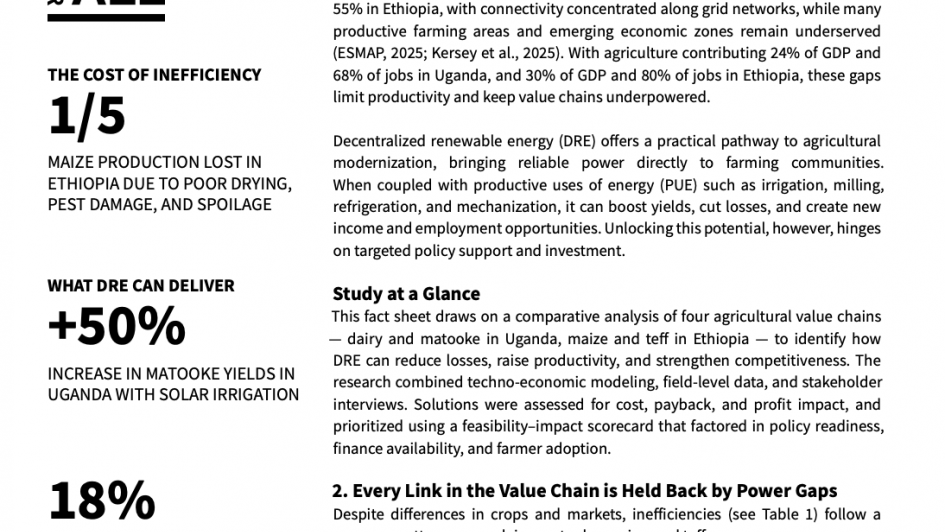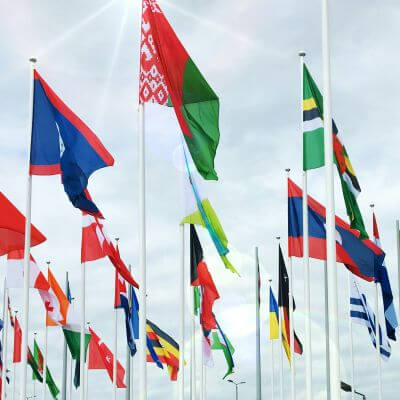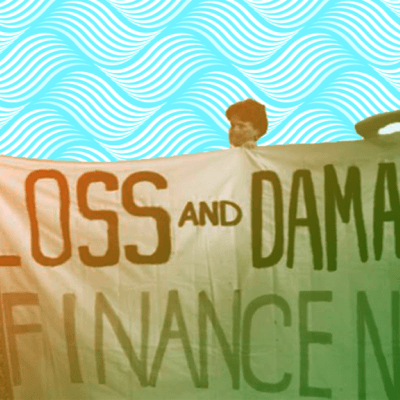Energy Access is the missing link in agriculture - In Ethiopia and Uganda, agriculture plays a crucial role in securing food, supporting livelihoods, and generating employment. Yet both economies face persistent energy deficits.
Just energy transition requires global collaboration, facing socio-economic, geopolitical challenges, with regional cooperation strengthening but global efforts hindered by protectionist policies and unequal standards.
The Loss and Damage Fund, crucial for aiding vulnerable nations, will continue to struggle with implementation and funding. More closely integrating renewable energy will be key for climate adaptation.
Sub-Saharan Africa's access to flawed yet vital global carbon markets is challenging; initiatives like the Africa Carbon Market aim to refine these markets and spur economic growth. Integrating renewable energy into the evolving Loss and Damage Fund is key for effective climate adaptation in 2024.
In 2024, the demand for green minerals is reshaping global power, highlighting the need for a new Bretton Woods system to ensure sustainable, equitable growth and manage geopolitical and environmental challenges.
 Platform for Energy Access Knowledge
Platform for Energy Access Knowledge Explore the best energy access idata and thinking with PEAK, our powerful interactive information exchange platform.







